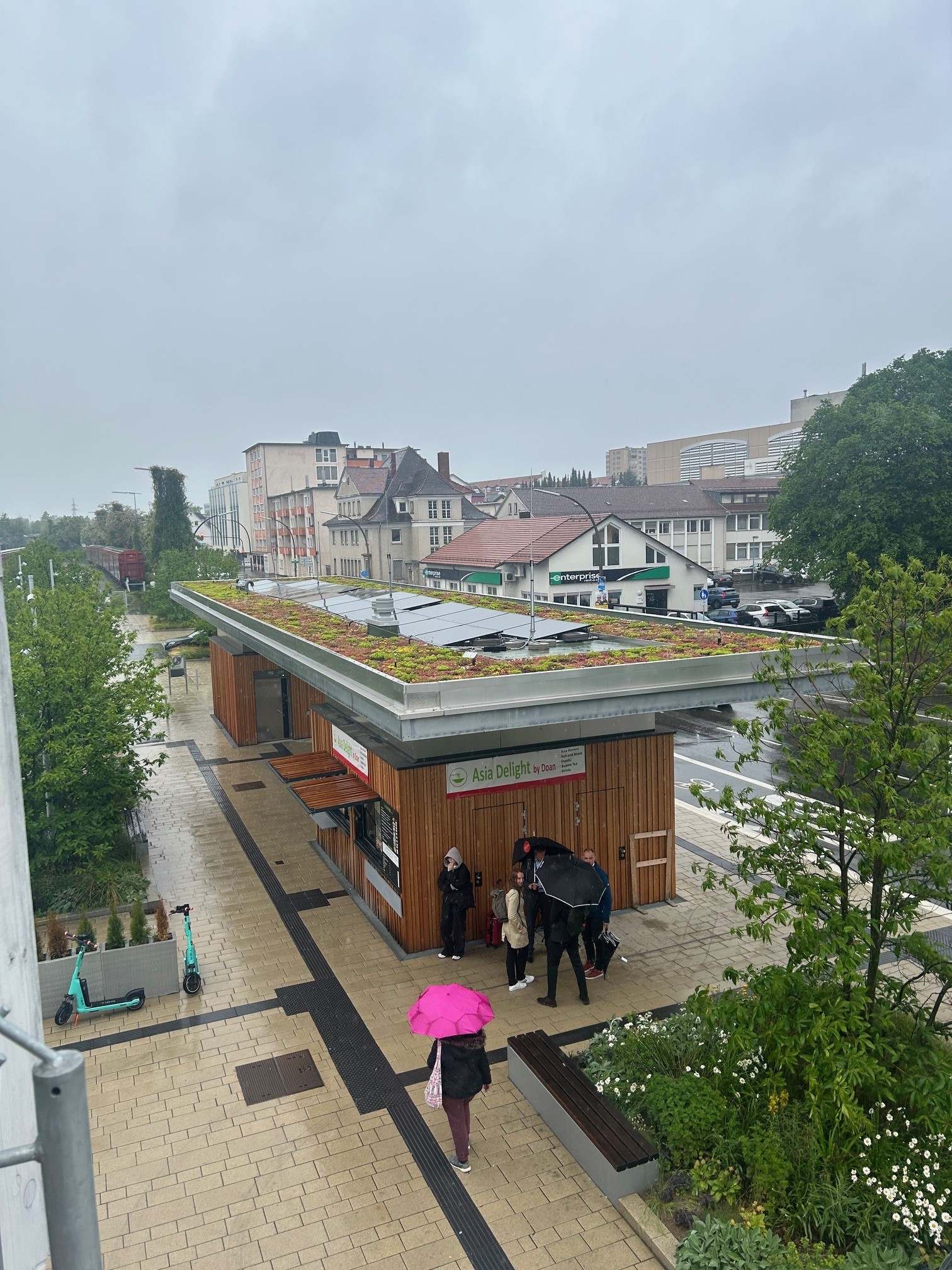Creating awareness of energy consumption patterns is the first step in improving those patterns and moving away from excessive peak-hour consumption. Using smart grid technology, awareness of household and electric vehicle (EV) consumption can be put in context with solar panel generation. Combined with social incentives and gamification in an online platform, consumers are motivated to collectively reduce peak-hour consumption.
After two years, the me² project is coming to an end. The project's researchers investigated which incentives are effective in activating demand response and maintaining user engagement. A new Smart City Aggregator, the energy platform me², was tested in two six months long pilots, in Portugal and the Netherlands. A significant difference in energy needs and level of awareness became evident. For one test group, getting insight into their energy usage with smart meters and an innovative interface was a great way to discover how to be more environmentally friendly. The other test group consisted of pioneers: EV drivers with solar panels who were already doing their best to be as green as possible.
In which country were the pioneers? Do social incentives work better in Portugal or the Netherlands? And which of the two groups managed to change their peak-hour consumption?
To learn more about the me² project, have a look at our final publication and other results on the project website or at the Urban Technology research programme of Hogeschool van Amsterdam (HvA).
>>> http://www.me2-project.eu/crbst_2.html






